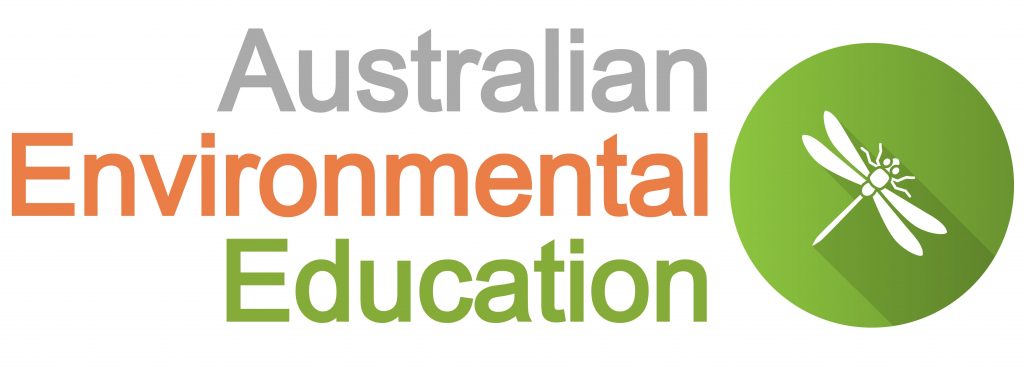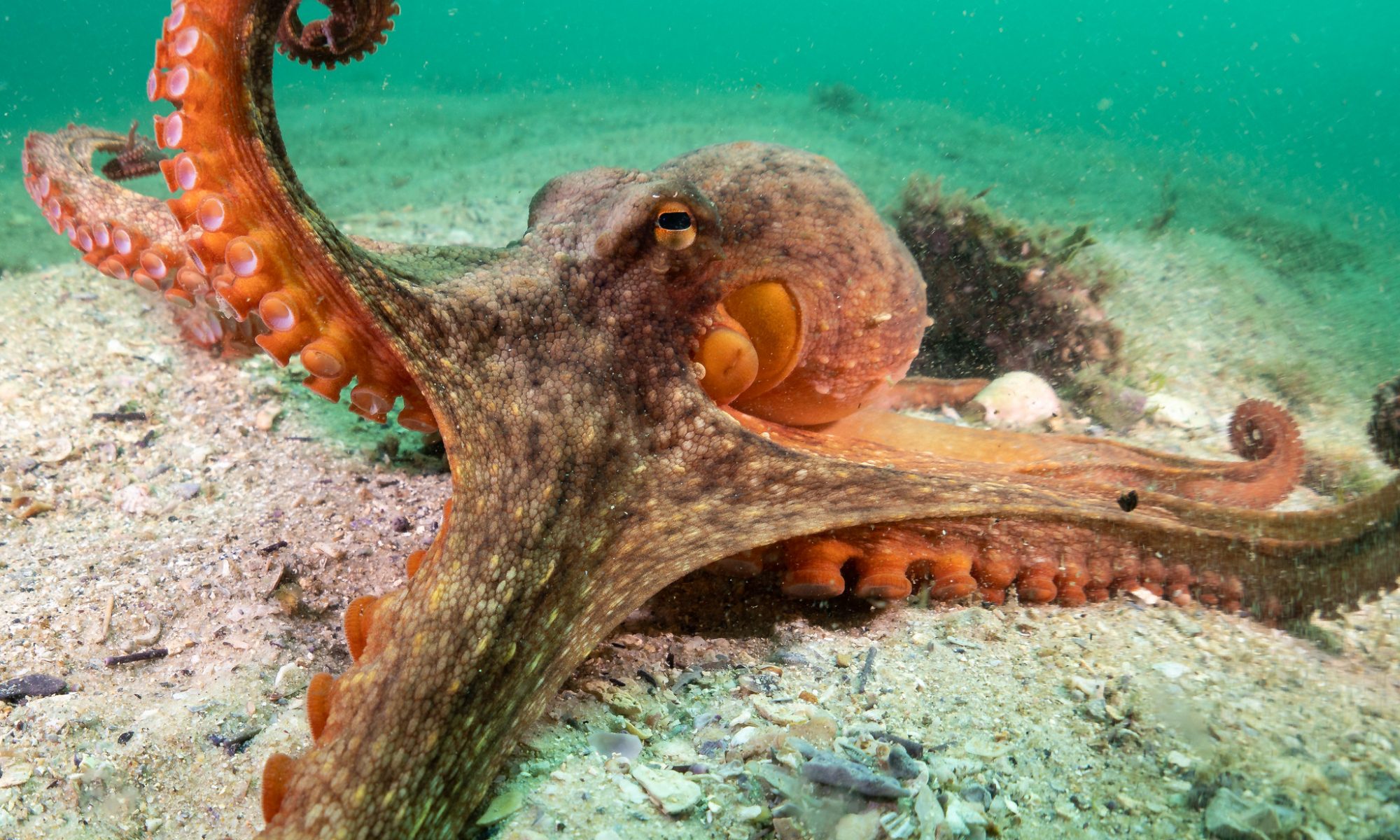SeaWeek 2021 is on between 6 – 14 March and is a celebration of our precious marine environment. As a SCUBA diver for almost 30 years, I have seen first hand the threats to our marine environment.
This years theme recognises how humans and the oceans are interconnected. This is a time for us all to reflect on our links to the ocean; food, recreation, relaxation, travel, transport and the impacts.
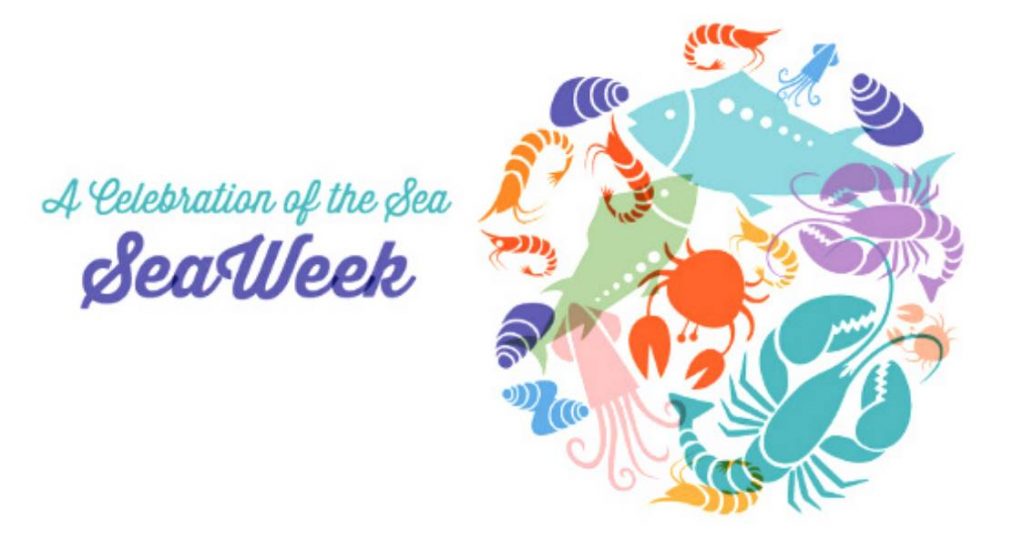
The more we learn about the marine environment, the more we can do to understand these link and protect the incredible diversity of species and habitats.
Celebrate SeaWeek 2021 with some great programs from Australian Environmental Education.
Live interactive Virtual Excursions
My Journey Beneath the Waves: Diving Sydney’s Rocky Reefs takes you and your students on an exploration of the marine environment. The temperate waters around Sydney are home to a variety of habitats including kelp beds and sponge gardens. These are wonderful place to dive and discover the diversity of animals that live there.
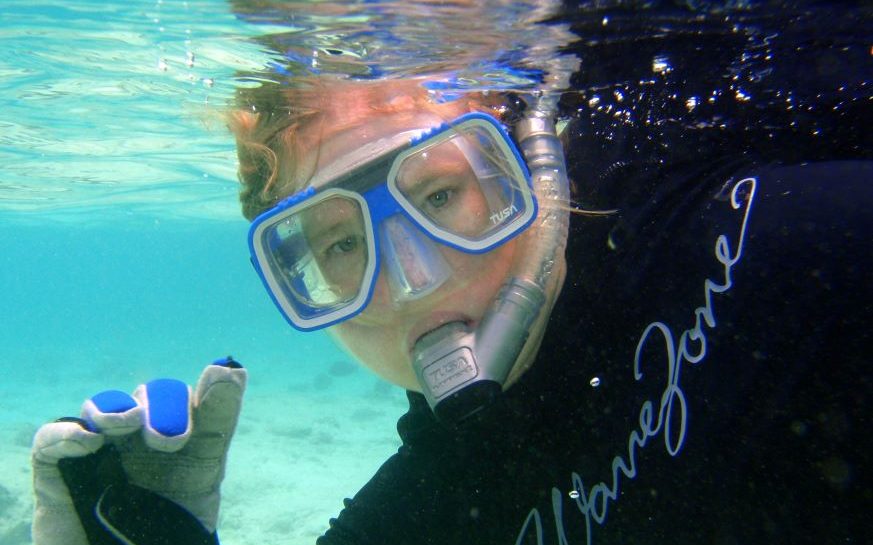
I will share some of my favourite diving stories with you and highlight the amazing animals that live in Sydney Rocky Reefs. Take a journey beneath the waves to explore this wonderful world. Learn about some of these incredible animals, their adaptions and habitats.
Special price for SeaWeek 2021 is $50 for a or a 45 minute interactive experience.
Education Resources
Oceans contain the greatest diversity of life on Earth. Habitats range from the freezing polar regions to the warm waters of the coral reefs, deep sea hydrothermal vents to shallow seagrass beds and beautiful sponge gardens to giant kelp forests, marine organisms are found everywhere.
Diving Stories
Marine resources
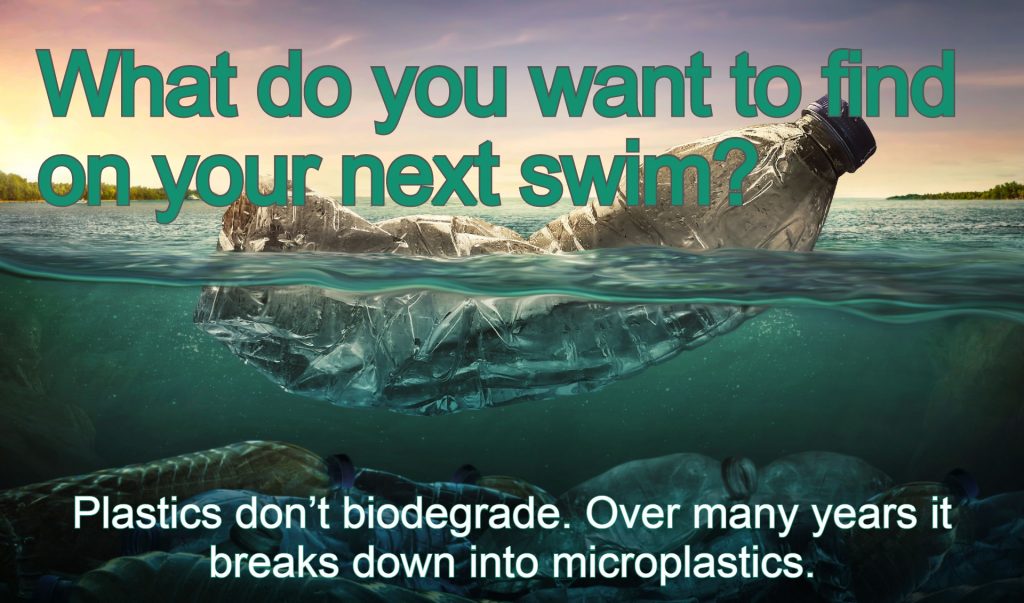
Caring for our Coasts
Australia is home to the over 10,000 beaches and no part of Australia is more than 1,000km from the ocean. Our coasts are impacted by our actions on land. Rubbish and microplastics can be found washed up on almost every Australian beach.
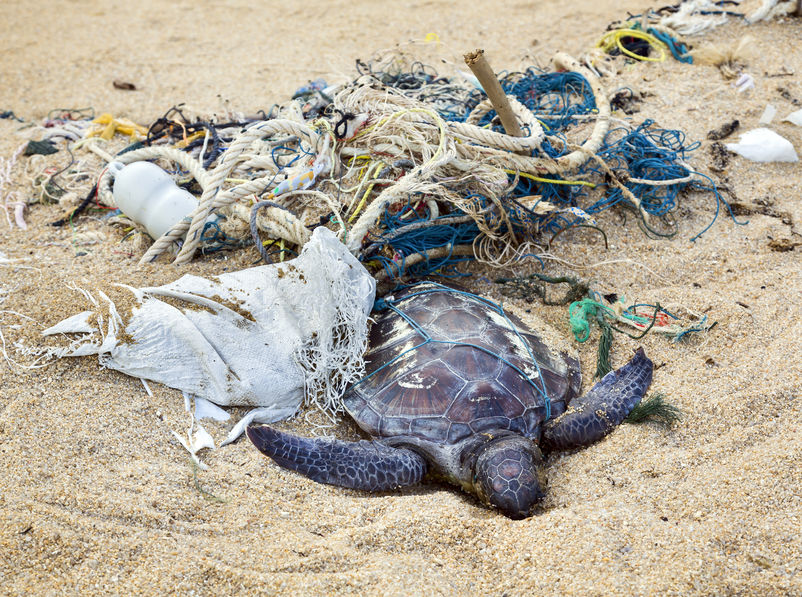
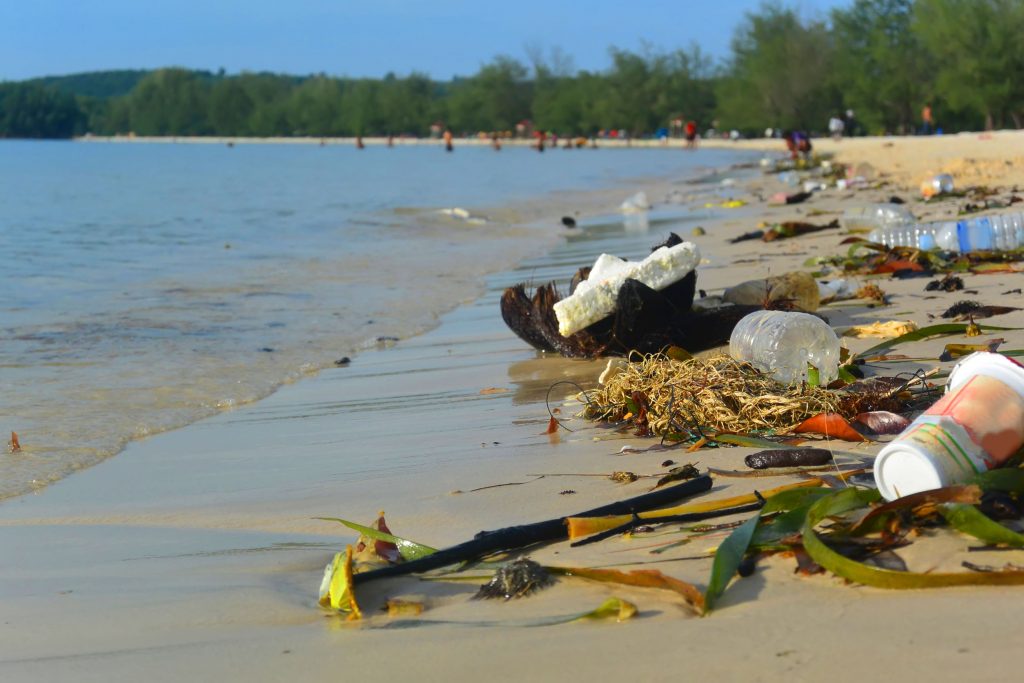
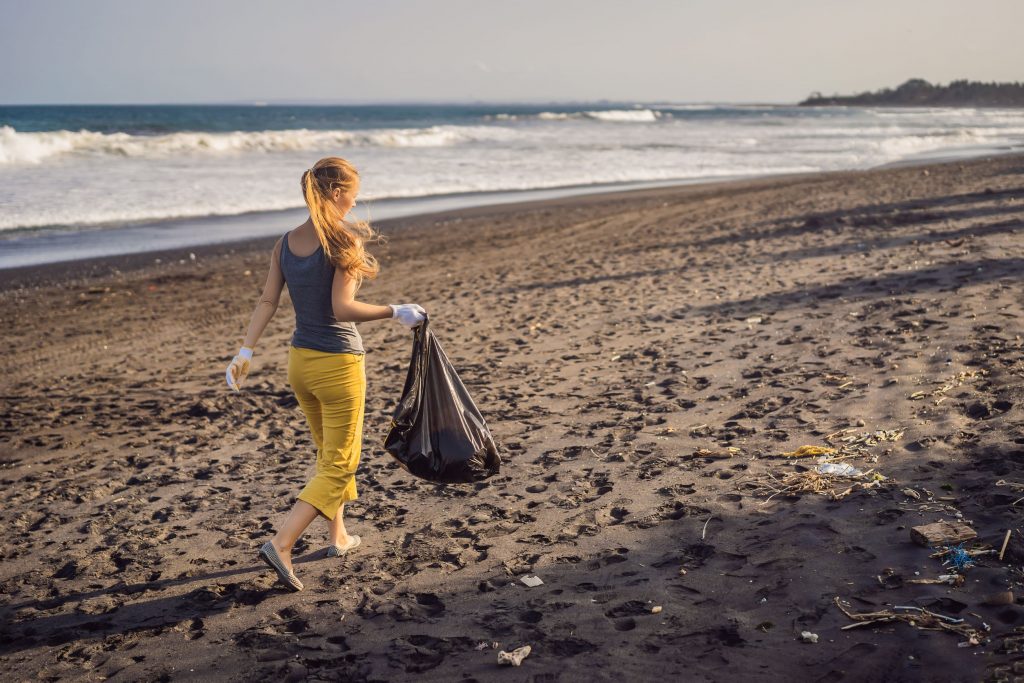
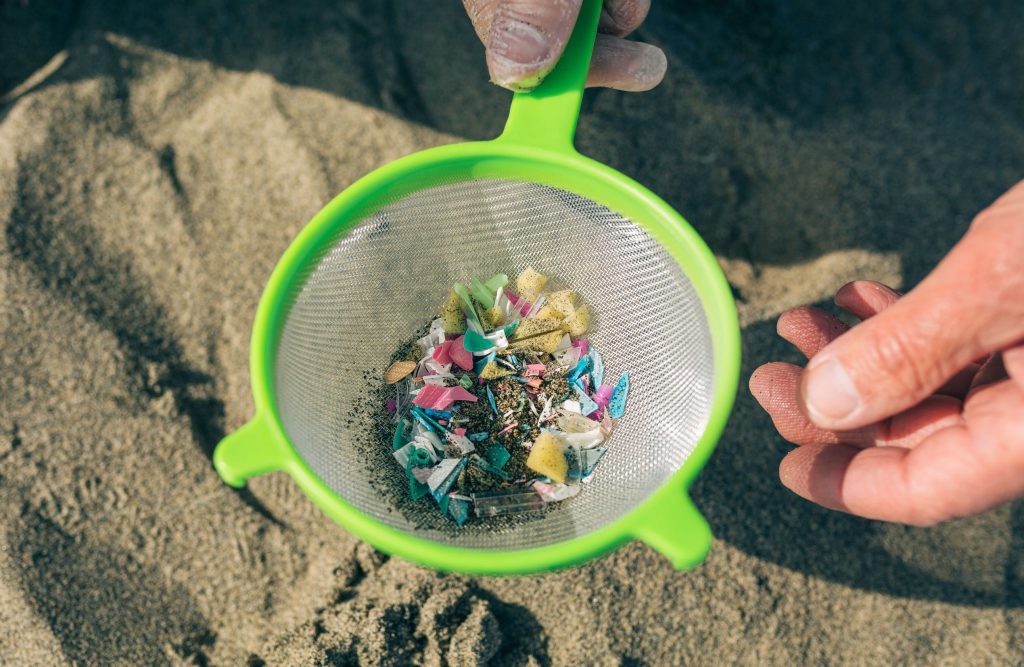
Pollution and rubbish get washed into our rivers and waterways with stormwater runoff and end up on our coasts and oceans. Over 75% of this rubbish is plastic. Plastics in the environment can take hundreds of years to break down, thereby impacting marine species for generations.
I created the Caring for our Coast activities for the Landcare Learning Centre. These are great activities to do with your students.
